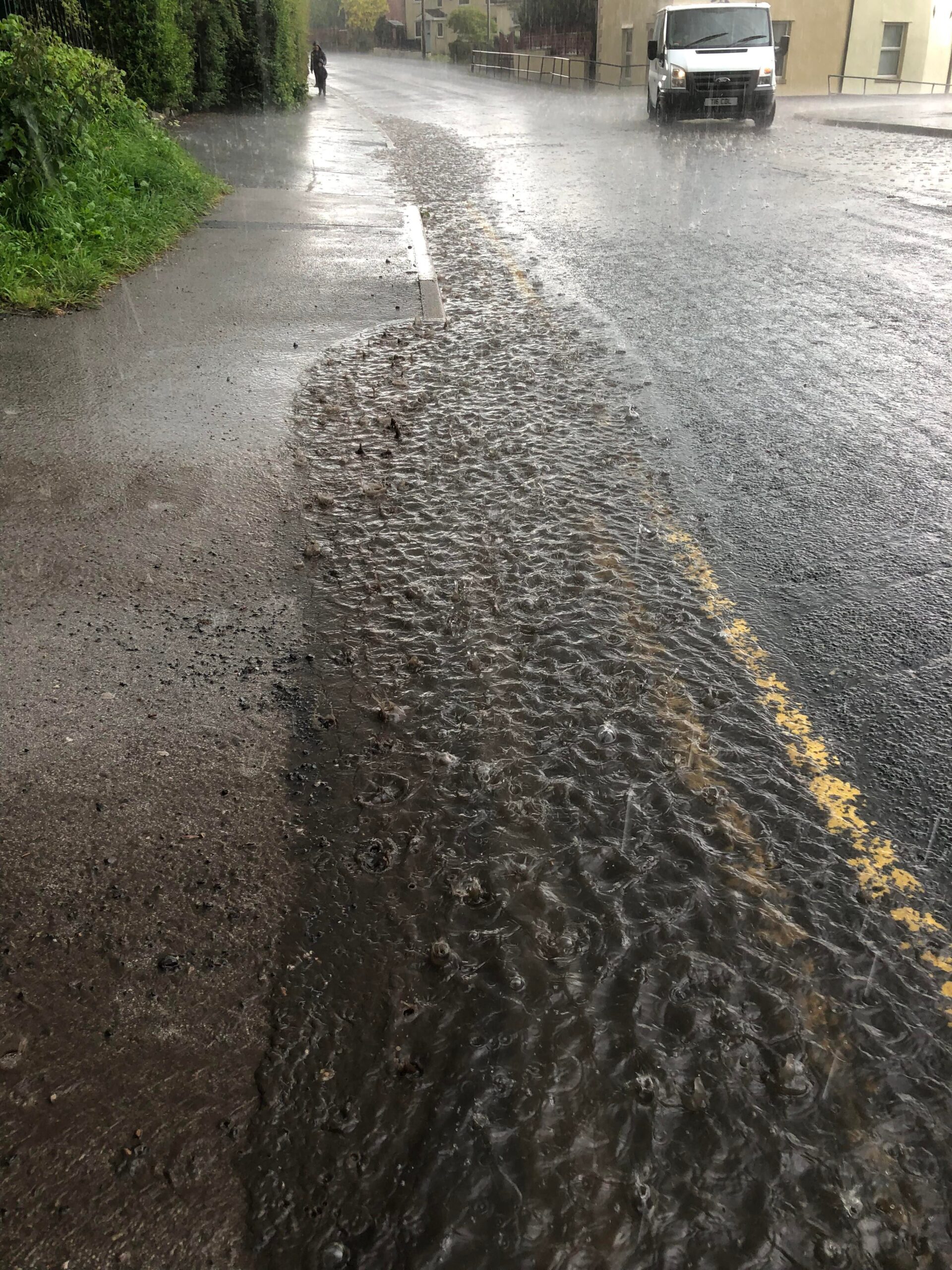Pollution Facts
& Positive Change
PLASTIC POLLUTION FACTS
YOUR ACTIONS TODAY COUNT

WILL WE SURVIVE THE PLASTIC AGE?
We survived the stone age, the bronze age and the iron age, but will our planet outlive the plastic age?
In less than 50 years, we have polluted all corners of our planet with over 9 billion tonnes of this indestructible product – and the effects are catastrophic.
Plastic production, especially single-use plastic, is increasing at an alarming rate. This year alone, we will produce 400,000 million tons of plastic across the planet, and by 2040, 800,000 million tons is projected. Much of our plastic garbage will end up as landfill, or worse, polluting our natural waterways, air and environments.
Our Earth cannot sustain this assault, but there is hope. As individuals, communities, businesses, councils and governments, we can change the path because, without demand, there is no supply. Right now, we can switch to eco-friendly alternatives, say NO to single-use plastic and be more aware of our polluting habits.



